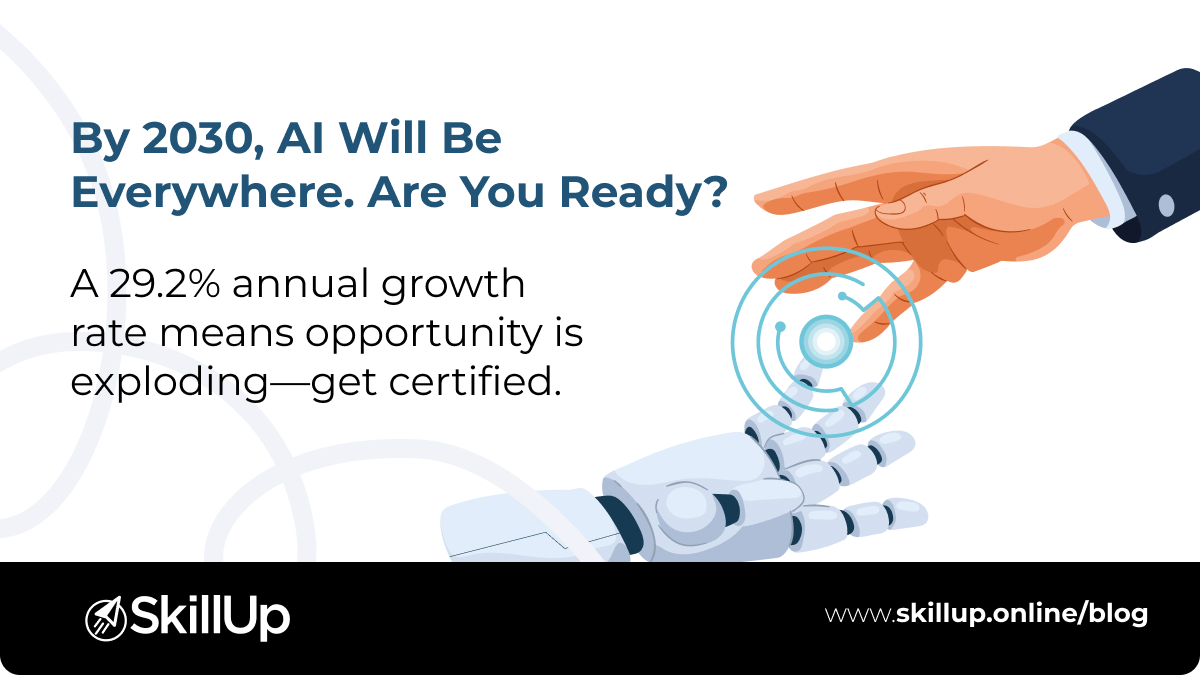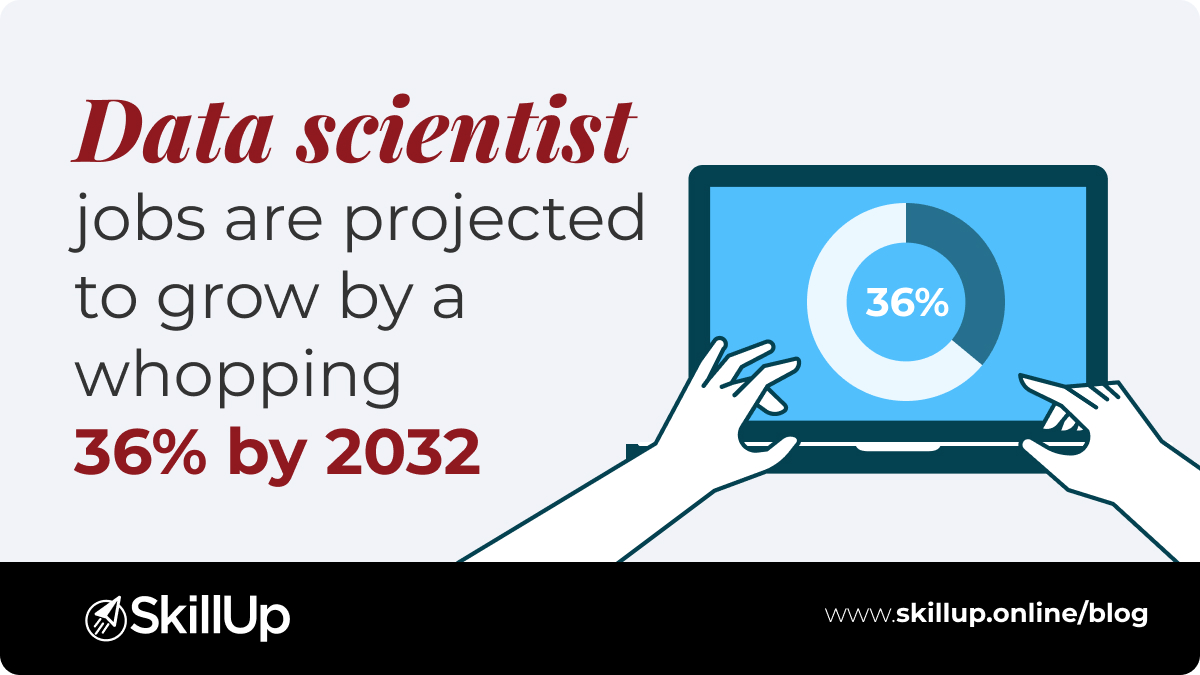With the launch of OpenAI’s generative AI model ‘ChatGPT’, all the news portals and social media platforms have gone gaga over its potential. ChatGPT’s ability to mimic humans and perform multiple tasks in no time has left people awestruck.
However, while some professionals are feeling threatened by this form of generative AI, particularly with regard to replacing their jobs, there are many who can see that it will provide opportunities to advance their career. Either way, though, this groundbreaking technology, driven by powerful algorithms and machine learning, undoubtedly has the potential to reshape the future of our tech-driven world in forever. And it is not, therefore, something that can be ignored. So, what’s going on?
The Evolution of IT Roles
Traditionally defined roles are undergoing a profound shift as generative AI takes center stage. Coders, developers, and engineers are now not merely practitioners of code but are becoming orchestrators of AI-powered solutions. The emergence of novel career paths such as ‘AI trainer’ – responsible for refining datasets to align with human values – and ‘AI ethicist’ – focused on responsible AI deployment – illustrate this evolution well.
Moreover, this shift is extending into specializations. Tech professionals are venturing into uncharted territories and exploring the intricacies of AI-generated content, delving into the nuances of bias mitigation, and collaborating across disciplines to bring ethical and innovative solutions to life. And because of this shift, it’s now become essential for professionals to stay abreast with the current IT and AI revolution and what’s ahead.
Skill Demand and Specialization
In the wake of generative AI’s rise, the in-demand skills within the tech landscape are undergoing a profound transformation. As traditional skillsets are being redefined, the call for tech professionals equipped with specialized proficiencies is exploding.
This means mastering generative AI frameworks, data preprocessing techniques, and algorithmic intricacies is becoming a pivotal skillset. Proficiency in programming languages such as Python, coupled with a deep understanding of neural networks and machine learning, is becoming commonplace in job adverts. And harnessing the power of generative AI is fast appearing as a must have.
But that’s not all there is to this new kid on the block. With such shiny technology at our fingertips, the tech landscape’s evolutionary response is to cry out for specialists who can also navigate the ethical nuances that now pose a challenge – enter the need for those who can ensure unbiased and responsible AI outputs. And this, in turn, means the ability to address algorithmic biases through a sound grasp of ethics and legal considerations is now paramount.
Additionally, though, this means that as organizations across sectors integrate generative AI into their operations, the demand for cross-functional collaboration is increasing. And tech professionals who are proficient not only in technical aspects but also in interdisciplinary communication are highly sought after.
Some major objectives of management are:
The Reskilling Imperative
So, as generative AI becomes an integral force, the call for reskilling is getting louder. This evolution isn’t merely a gentle progression but a seismic shift, necessitating a proactive approach to skill development.
Generative AI’s rapid advancement has translated into an accelerated need for tech professionals to adapt. And, as AI algorithms further evolve, proficiency in newer frameworks and tools is going to be a constant requirement.
How Can This Be Achieved?
To succeed in this transformative era, you’re going to need to invest in your education. To get started quickly, online courses and certifications offer practical and effective options. However, it does depend on what your knowledge base is.
If you’re just starting out, then a good learning path is to opt for an AI course that helps you master the basics. At this stage of your learning, it’s recommended that you choose courses that cover topics like neural networks, deep learning, and ethical AI practices.
However, while theoretical understanding is important, it’s equally crucial to gain hands-on experience to get practical expertise. Building AI projects, experimenting with code, and participating in hackathons can bolster your skillset. Plus, collaborating with experts, contributing to open-source projects, and engaging with AI communities to stay up to date with the current trends is critical too.
Cross-disciplinary Collaborations
But, with all that said, it’s important not to lose sight of the fact that generative AI is at the intersection of computer science, mathematics, and other technical domains, and this is spurring on cross-disciplinary collaborations. Consider the following:
The Art of Synergy – Generative AI projects thrive on the synergy of specialists. Tech professionals bring algorithmic finesse and programming prowess, while domain experts contribute domain-specific knowledge. Be it healthcare, arts, or finance, your ability to collaborate with experts in these domains is the most effective way to foster beneficial, holistic solutions.
Shared Vision, Diverse Expertise, Equals Innovation – The collaboration of diverse experts fuels innovation. When technical gurus engage with designers, linguists, and ethicists, among others, multifaceted perspectives are brought to the table. And through dynamic exchanges, AI-generated content can then seamlessly align with human values and diverse user preferences in a new way.
Exploring New Dimensions in Tech Career Opportunities
So, what does this all mean for professionals keen to future-proof their careers? Primarily, it means it’s important you embrace the fact that generative AI isn’t just a technological shift—it’s an invitation to explore new horizons in tech careers. As the landscape evolves, novel pathways will continue to emerge and traditional roles will acquire fresh dimensions. And don’t forget, AI itself is becoming a career option for many in the tech field, particularly given the strong demand and growth in this sector.
Illustrative Examples
The role of ‘AI trainer’ has emerged as a valuable and popular role in the field of AI. These professionals curate data sets to guide AI models, ensuring alignment with human ethics and values. Similarly, the role of an ‘AI ethicist’ has emerged, focusing on the ethical implications of AI-generated outputs and cementing the bridge between technology and morality.
What Are Your Next Steps?
If this article has whetted your appetite for embracing generative AI in a way that can propel your career forward, then the next step is to start building the skills you need.
If you would like to know more about how you can build those skills and get started in a career leveraging generative AI, contact our Learner Support Team at [email protected]. They will be more than happy to guide you on the next steps you can take.
SkillUp Online







